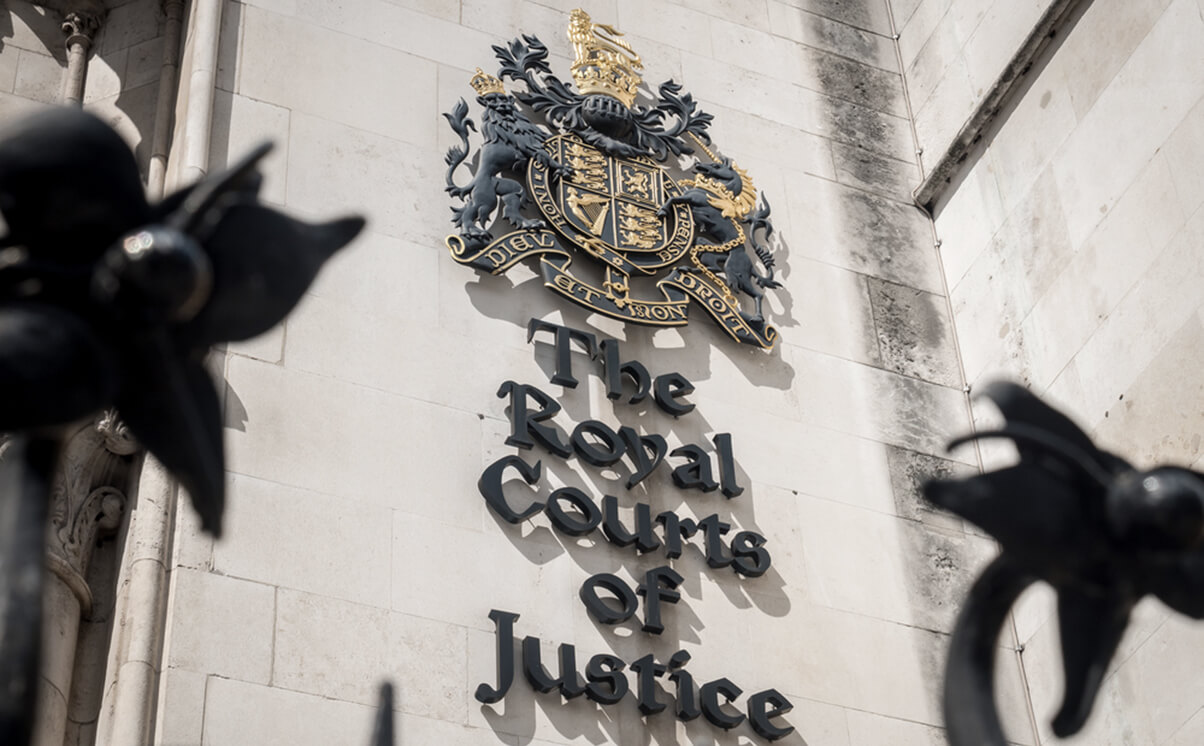In the recent case of AJC v PJP ([2021] EWFC B25), a wife applied to convert a nominal maintenance order into a substantive order as a short-term measure during her unemployment caused by the Covid-19 pandemic. Amy Wills, Sarah Havers and Jenna Vasu examine this decision.
Background
The parties, who had two children together, divorced in 2012 and agreed a consent order which included a nominal maintenance order for the wife until the youngest child was 22. The wife was a trained pilot earning £65,000 per annum but lost her job at the start of the pandemic. She has since been living on approximately £2,000 a month, comprising her child maintenance and state benefits.
The wife applied to court to convert her nominal maintenance order into a substantive order as a temporary measure until she regained employment, stating she needed approximately £3,500 per month.
The husband has businesses in the motor industry, having retained these interests on divorce. Car sales had suffered during the pandemic, with profits dramatically reduced. Even on his pre-pandemic income, he was stretched by his financial obligations, which included a substantial mortgage, child maintenance and school fees.
What is a nominal maintenance order?
A nominal maintenance order is a spousal maintenance order at nil or a very low level. Their intended purpose is to give security, perhaps to a primary carer who currently does not require maintenance but whose children are young. In theory, it can later be varied and replaced with a substantive order for maintenance should the receiving party’s circumstances change. There is no set test in law for when such a variation should take place.
In this judgment, Deputy District Judge Hodson describes their use as rare, stating that at least anecdotally they are a London or at least south east-centric device. It is even rarer for these orders to be converted into a quantified maintenance order.
Furthermore, the judge considered these types of order to be incompatible with the court’s duty to bring about a clean financial break between the parties as soon as possible after the divorce.
What issues arose for the court’s consideration?
The questions for the court were:
- Can the conversion of a nominal order to a substantive order be treated as an ordinary variation of maintenance application?
- Under what circumstances should a nominal spousal maintenance order be converted into a substantive order? Specifically, should this be as a consequence of the financial difficulties arising from the lockdown?
Is this application akin to a variation application?
Although the wife argued that her application should be treated as if it were a normal variation application, Deputy District Judge Hodson disagreed and described an application to convert a nominal maintenance order as “intrinsically” different to a normal variation application. In his view, there were three key differences:
- A nominal order is only to be converted if there is “a significant change in circumstances”.
- Unlike normal variations, an application to convert a nominal maintenance order is not budgeted for by the paying party. In other words, where there is a substantive spousal maintenance order in place, the paying party might expect an increase in spousal maintenance as a result of an increase in their income. This does not happen with a nominal provision.
- Nowhere is it specified in law when a nominal order should be converted into a substantive one.
Given the very few cases where the court has been asked to convert a nominal maintenance order, the judge looked to the Singaporean case of ATE v ATD ((2016) SGCA), which considered the limited circumstances in which a nominal maintenance order should be made. This case set out the following four principles, with which Deputy District Judge Hodson agreed:
- Nominal maintenance orders are not to be automatically granted.
- It is not sufficient for a receiving party to say their situation in the future may change.
- The precise facts and circumstances must be taken into account.
- The purpose of a maintenance order must be at the forefront. They are intended to preserve a standard of living and aid a transition to self-sufficiency, not foster long-term dependency.
What is “a significant change”?
In considering what might constitute “a significant change in circumstances”, the judge referred to the recent trend for variations of spousal maintenance orders to be triggered by “relationship generated disadvantage”. The question, when considering a variation, is “how much should the change in circumstances relate to the relationship and how much to the ordinary ups and downs of life?”
In other words, there needs to be a causal link between choices made during the marriage which have continued to affect the parties’ needs and how those needs are met. Former spouses are not to be the insurers of subsequent life choices made by the other spouse.
Deputy District Judge Hodson considered this principle to be relevant to applications to convert nominal maintenance orders.
As part of his decision, the judge also had to consider whether the Covid-19 pandemic was a justifiable basis for converting a nominal maintenance order into a substantive order.
It was decided that it was not appropriate in the circumstances for the nominal maintenance order to be treated as a financial emergency fund to call upon during hard times, even in unexpected, exceptionally hard times.
Decision
In the circumstances, this was not a case where it was reasonable or appropriate to convert the nominal maintenance order, not least because the wife’s unemployment was in no way related to the marriage. In dismissing the wife’s application, the judge held that “losing a job through the consequences of the virus when one had a job at the time of settlement a decade earlier cannot be ascribed to relationship generated disadvantage or even a loose causal connection”.
In his judgment, Deputy District Judge Hodson noted that where misfortune or unexpected developments have absolutely nothing to do with having been in a married relationship, it is no longer part of the policy and practice of English family law in 2021 for one ex-spouse to be responsible for the other.
Emma Hatley, Partner, comments:
“It is not uncommon for the financially weaker party to seek the comfort of a nominal maintenance order, particularly where the parties have young children and there will be a period of continued contribution to family life beyond the marriage itself. However, this judgment should lead practitioners and clients to reflect on the appropriateness of such an order. Given the clear and sensible guidance provided, it is difficult to identify a situation in which there could be a change in circumstances that is sufficiently causally related to the marriage to justify conversion to a substantive order many years after the end of a relationship. It is welcome clarification that a transition to financial independence should be the objective of an award.”
You can find further information regarding our expertise, experience and team on our Divorce and Family pages.
If you require assistance from our team, please contact us or alternatively request a call back from one of our lawyers by submitting this form.
Subscribe – In order to receive our news straight to your inbox, subscribe here. Our newsletters are sent no more than once a month.








